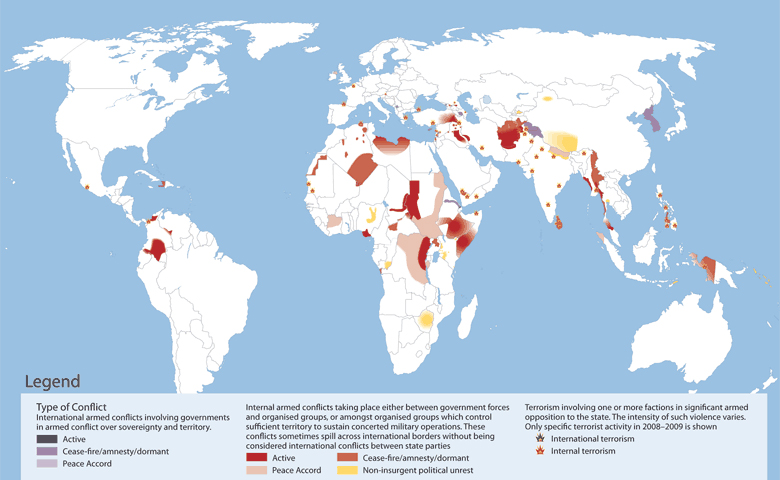

This chapter focuses on international humanitarian law, which differs from human rights law in that it concentrates on specified conflict-related acts and does not give rise to individual claims. Refugee law has been discussed in Part IV. While these fields are closely linked, they need to be distinguished systematically. Today, three areas of modern international law attempt to provide protection to victims of war: human rights law, refugee law and humanitarian law. Therefore, over the years, experts have focused much attention on the formulation of instruments aimed at alleviating human suffering during war and conflict.

Please help us improve the service by using our feedback form.It is often during armed conflicts that human rights are infringed upon the most. The CLD is a living tool and its content is being regularly updated. For exact numbering of footnotes, refer to full documents. Please note that the CLD does not include confidential decisions and restatements of established case law and does not necessarily contain all notable rulings by the Appeals Chambers of the ICTR, the ICTY, and the IRMCT. In addition, refined searches in all fields of the database can be conducted through the “ Advanced Search” feature. Users can conduct quick searches by notions, cases names, titles of filings, date (in year-month-day format), statutes, rules, and other instruments through the “ Basic Search” page. It provides direct access to extracts of key judgements and decisions rendered by the ICTR, ICTY, and IRMCT Appeals Chambers since their inception, as well as to full-text versions of the corresponding appeal judgements and decisions. The Case Law Database (“CLD”) is a gateway to the jurisprudence of the ICTR, ICTY, and IRMCT Appeals Chambers.


 0 kommentar(er)
0 kommentar(er)
